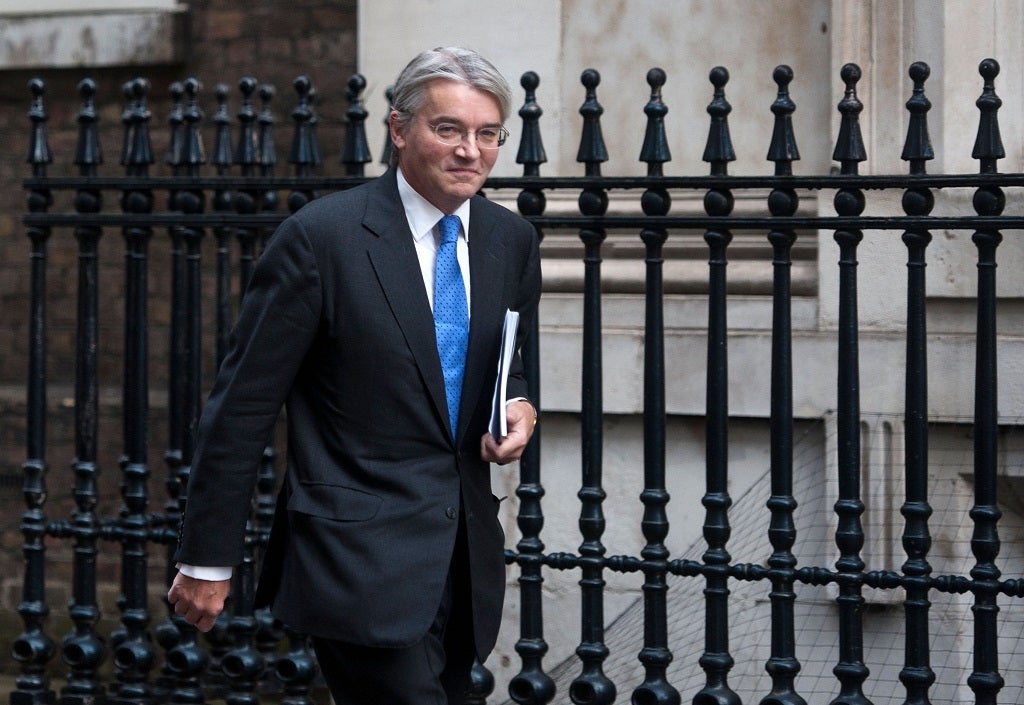Plebgate: If the police can do this to a Government minister, what hope is there for black kids from Brixton?
No black man could yell obscenities at the police without being promptly handcuffed

Your support helps us to tell the story
From reproductive rights to climate change to Big Tech, The Independent is on the ground when the story is developing. Whether it's investigating the financials of Elon Musk's pro-Trump PAC or producing our latest documentary, 'The A Word', which shines a light on the American women fighting for reproductive rights, we know how important it is to parse out the facts from the messaging.
At such a critical moment in US history, we need reporters on the ground. Your donation allows us to keep sending journalists to speak to both sides of the story.
The Independent is trusted by Americans across the entire political spectrum. And unlike many other quality news outlets, we choose not to lock Americans out of our reporting and analysis with paywalls. We believe quality journalism should be available to everyone, paid for by those who can afford it.
Your support makes all the difference.Andrew Mitchell’s “life-long support and confidence in the police” have been “shaken”, he says. He could find unlikely sympathy in council estates that may be just a few miles from the gates of Downing Street, but which might as well be on a different planet.
A year after the August 2011 riots, I interviewed young black men in Hackney and Tottenham: their experiences with the police were overwhelmingly negative. According to the Equality and Human Rights Commission, police officers are 37 times more likely to stop and search a black person than a white person under Section 60 of the Criminal Justice and Public Order Act.
Like me, many of those I spoke to had never been charged with any crime; but while I have never been been searched by a police officer, it was a familiar experience that, for some, had first happened before their 13th birthday.
“They’re the biggest gang around here,” was a phrase I heard bandied around until it was a cliché.
Mitchell may or may not have used the term “pleb”, which tapped in to a widespread resentment of a Government often regarded as full of arrogant public schoolboys with contempt for the lower orders. It is not contested that he swore, including by Mitchell himself. It is almost unthinkable that, say, a 17-year-old black man on a Tottenham street could yell an obscenity at a police officer and not be swiftly acquainted with a pair of handcuffs.
Indeed, provocations can often be far greater than being instructed to wheel a bike to a side-gate. Imagine being stopped and searched for the third time in a week. You’re late; pedestrians stare at you as they walk by, their eyebrows arched with suspicion; the officer may be speaking to you as though you’re dirt. Might you be tempted to lose your cool? Some do – and, I have been repeatedly told, have faced arrest as a result.
For the average citizen, if it’s your word against a police officer, you will almost always lose. In truth, that was the case with Mitchell, too, until CCTV footage emerged casting doubt on the police version of events. Such evidence would never be examined in other cases.
Perhaps, after this episode, politicians will be more open to scrutinising police behaviour. Consider, too, the recent exposure of the Hillsborough cover-up, and the false statements initially provided after the killings of Jean-Charles de Menezes and Ian Tomlinson.
A white privileged politician has just experienced a small slice of the frustration long felt in many of our communities. Perhaps now it will be a little bit more acceptable to stop automatically taking every police officer at their word.
Join our commenting forum
Join thought-provoking conversations, follow other Independent readers and see their replies
Comments